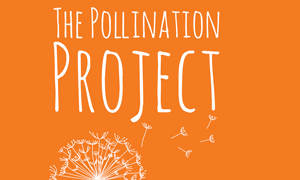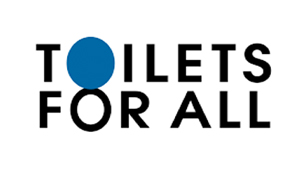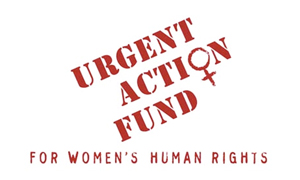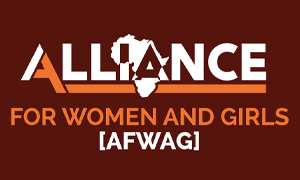If you didn’t know, Here’s a bit about us.
In everything that we do, we collaborate intensively with children and youth, schools, families, communities, and local governments to design and implement effective solutions. Our programs are adapted to provide the skills and knowledge required for the young people to pursue higher education and confront and overcome gender inequalities, start and sustain their own businesses, get meaningful employment, and contribute toward the social and economic development of their communities. We empower the youth with opportunities to realize their full potential and become active agents of change in shaping a brighter future.
Also, EMDEF seeks to advocate for;
Also, EMDEF seeks to advocate for;
- Health education and promotion (SRHR, HIV/AIDS, Mental Health)
- Climate Change
- Sexual reproductive health
- Water Sanitation and Hygiene (WASH)
- Agriculture and Livelihoods
- Human Rights and Governance













